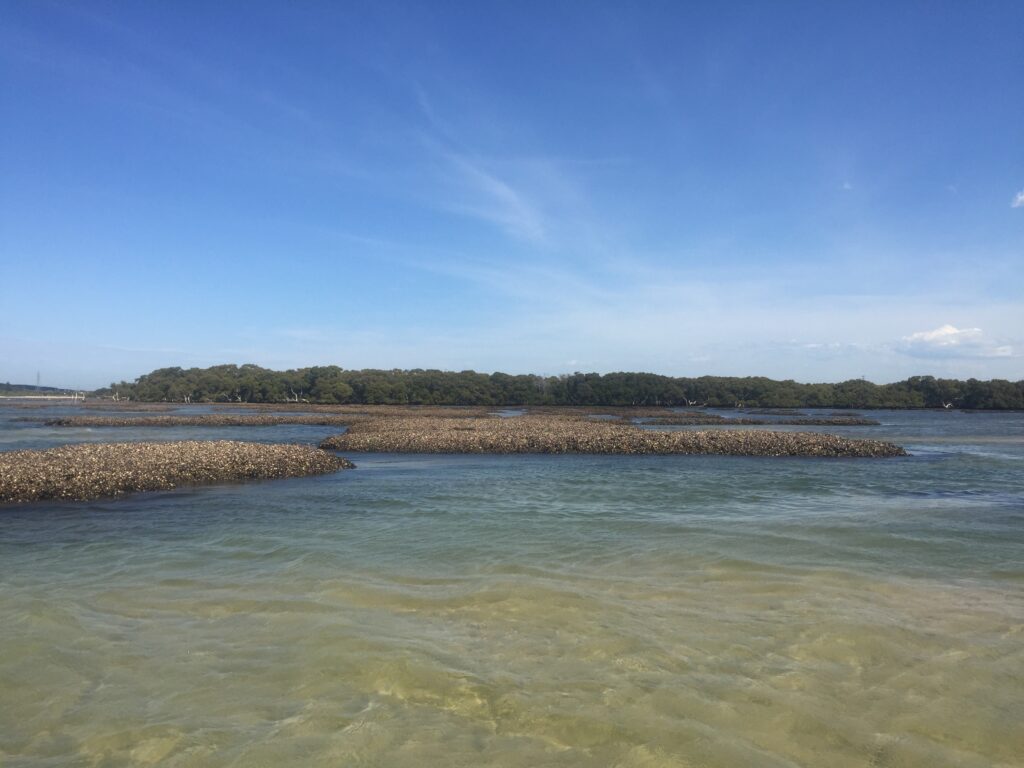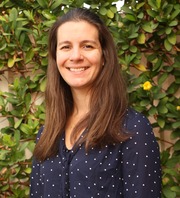
Research Lead on the Oyster Reef Restoration Program
Reviving our estuaries: oyster reef restoration
Australian estuarine environments have been modified greatly since European colonisation. Whether it was in the search for food or materials for constructions, we have been extracting resources from coastal ecosystems, often with unintended long-term consequences to the environment.
One of the most significant early impacts on estuarine ecosystems is the degradation of oyster reefs. Oysters reefs spreading over hectares were a common feature of Australian estuaries. Oysters feed by filtering water, and in doing so, they clean water playing a key role in the regulation of water quality in estuaries. However, the harvesting oyster shells to use in mortar has seen the decimation of over 90% of the oyster reefs. Since this habitat has been greatly degraded for generations, there is little understanding on the ecology of these pristine habitats. Moreover, oyster reefs seemed to have been almost erased from human memory until recently, when government agencies and NGOs started efforts to restore these reefs.
At MSI, we are studying remnant oyster reefs around NSW to understand how they are formed and the benefits they provide to the NSW coastal areas, such as supporting biodiversity, coastal protection, water filtration and the processing of contaminants.
ABOUT
Dr Ana Bugnot
Senior Research Associate | School of Life and Environmental Sciences
In 2018, Ana started a joint Research Fellowship at the University of Sydney and Sydney Institute of Marine Science, where she is the Program Manager of the Sydney Harbour Research Program and leads the development of an oyster restoration program in collaboration with The Nature Conservancy, DPI Fisheries and DPIE NSW.
Ana has made major contributions to the marine ecological community in New South Wales. She has been a Doctoral Fellow and collaborator at the Sydney Institute of Marine Science (since 2010) and a Councilor for the Australian Marine Science Association (since 2011).
